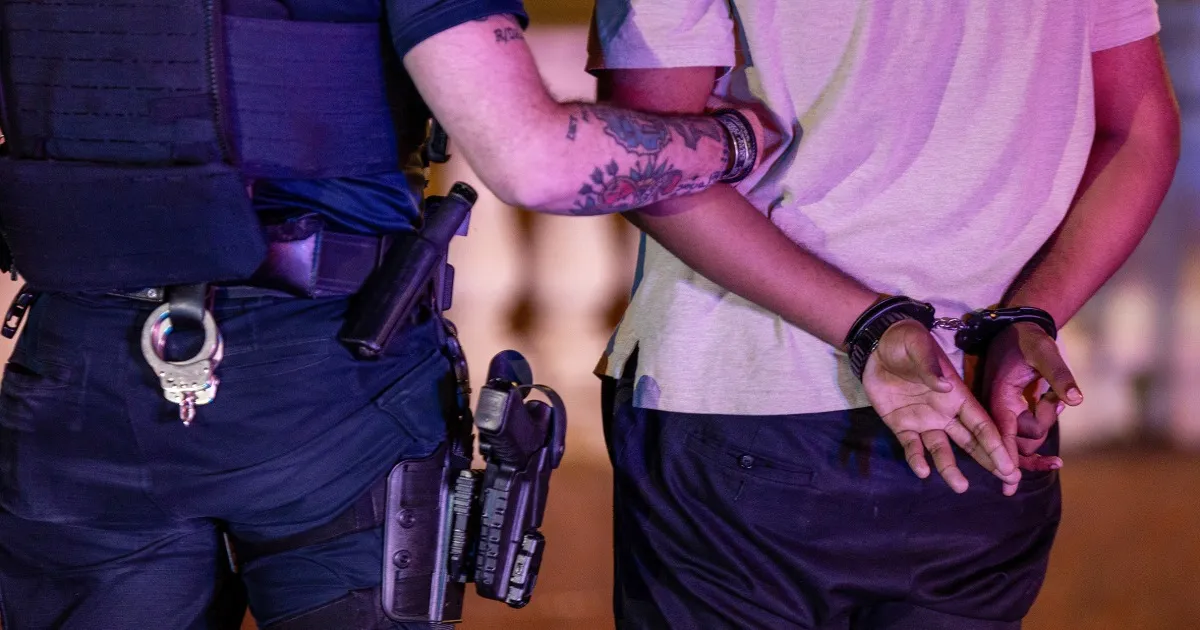
President Donald Trump is set to sign executive orders on Monday that aim to eliminate cashless bail for suspects arrested in Washington, D.C., and other jurisdictions across the United States that have implemented similar policies. This initiative is outlined in fact sheets provided by the White House to NBC News. The executive order regarding D.C. stipulates that the administration will take specific actions if the city does not amend its cashless bail policy, which may include decisions affecting federal funding, services, or approvals.
The executive order targeting the D.C. cashless bail system will also instruct law enforcement officials to ensure that individuals arrested in the city are taken into federal custody to the fullest extent permissible under applicable law. This move, first reported by Axios, reflects Trump's ongoing efforts to exert greater control over the capital and its policies.
Moreover, the executive order aimed at other cities will direct the administration to identify federal funds that could be suspended or terminated in jurisdictions that maintain cashless bail policies. Critics of cashless bail argue that such systems disproportionately affect low-income individuals who struggle to secure bail amounts for their release from jail. A spokesperson from Mayor Muriel Bowser’s office has declined to comment on these developments.
In addition to the cashless bail order, Trump will also sign an executive order aimed at prosecuting individuals who desecrate the American flag. According to a fact sheet, this order directs Attorney General Pam Bondi to vigorously prosecute those who violate laws concerning flag desecration and to clarify the scope of the First Amendment in this context. The order will also affect noncitizens by asking the administration to deny or revoke their visas, residence permits, or naturalization proceedings if they are found to have desecrated the flag.
However, this executive order may face legal challenges, as a landmark Supreme Court ruling in Texas v. Johnson (1989) established that flag burning is protected under the First Amendment. Trump's focus on the flag and cashless bail reflects a significant shift in how the administration approaches law enforcement and public safety in the capital.
The D.C. executive order on cashless bail marks Trump's latest attempt to expand the administration's influence over the capital. This follows the White House's recent decision to deploy and arm National Guard troops in an effort to combat rising crime rates. Critics have condemned these actions as overreach, arguing that the administration's strategies are unnecessary and detrimental to vulnerable populations.
Earlier this month, Trump criticized the cash bail system, labeling it a "disaster" that has led to numerous societal issues. He remarked, "They're watching us today, and if they don't learn their lesson, if they haven't studied us properly, we're going to be very successful," referring to other cities with similar policies.
Washington, D.C. has operated under a cashless bail system since 1992. Under this policy, judges assess whether individuals charged with crimes pose a risk to the community or are likely to flee if released without bail. If judges determine that there is a significant risk, they can opt to detain the defendant before trial. In July, the D.C. Council extended its pretrial detention policy as part of its safety measures.
The anticipated executive order coincides with the National Guard's recent decision to carry firearms in D.C. and Trump's threats to deploy troops to other cities, including Baltimore, Chicago, and New York. This focus on law enforcement in the capital marks a stark departure from the approaches of previous administrations, leading to sweeping changes that include increased federal presence and the clearing of homeless encampments.